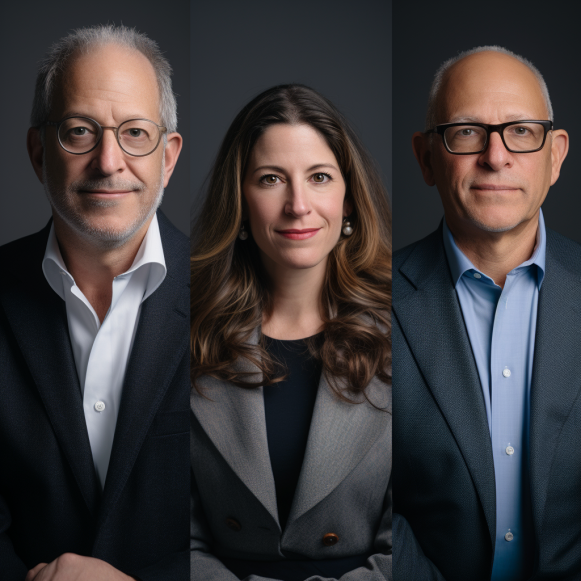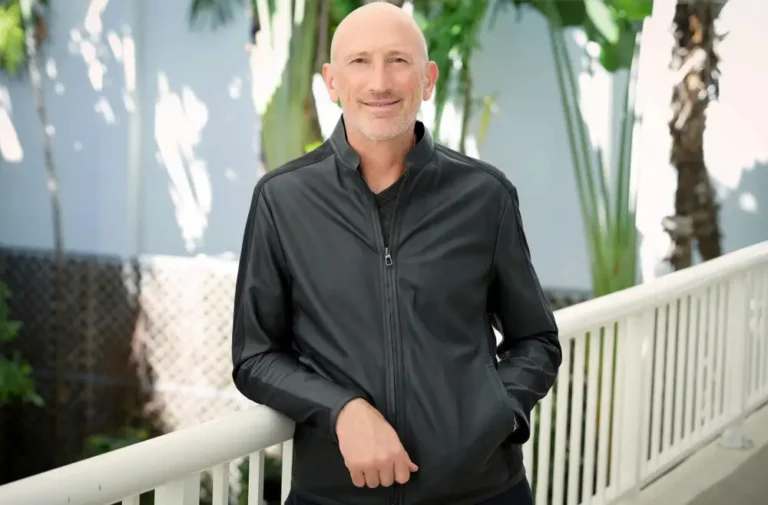The healthcare venture firm behind Livongo just raised $217 million to back the next generation of digital-health giants

- The prominent healthcare VC 7wireVentures just closed a $217 million fund, its largest ever.
- The cash will be used to back about 10 to 12 later-stage startups, a new strategy for 7wire.
- Despite big returns, 7wire has kept the operation small so it can get deeply involved in startups.
7wireVentures, a well-known venture capital firm, recently raised $217 million to invest in the next generation of healthcare startups, bringing the firm’s total assets under management to more than $500 million.
The fund, which closed last Friday, is the largest raised by 7wire and represents a strategic shift for the company. Whereas 7wire has traditionally focused on early-stage investments, this capital will be used to fund 10 to 12 later-stage startups.
7wire is best known for its role in identifying and growing Livongo, a chronic-care company that sold for $13.9 billion, a record exit for a digital-health company, in October 2020. It is led by healthcare veterans Glen Tullman and Lee Shapiro.
Alyssa Jaffee, a partner at 7wire, believes her firm’s new fund will be an encouraging counterpoint to a downturn that has reduced digital-health funding to pre-2020 levels. Nonetheless, 7wire intends to use the majority of the funds to bolster its own portfolio companies, with only a few spots reserved for later-stage startups it hasn’t previously backed.
“The future of digital health is bright,” Jaffee said in an interview with Insider. “There is so much opportunity still to be captured in healthcare.”
Some of the new funding, which has been raised in waves since 2022, has already gone to NOCD, a mental-health startup that 7wire has supported since the seed stage. The new fund has also contributed to the startups Folx Health and Parsley Health, which are new investments for 7wire.
How 7wire secures victories
Tullman and Shapiro joke that they’ve been investing together since elementary school. The truth isn’t far away. Around 35 years ago, the two began investing in promising businesses, frequently with a group of friends, high-net-worth individuals, investors, and company leaders. When Tullman and Shapiro launched the first fund with Robert Garber in 2016, many of them became 7wire backers.
Despite Livongo’s returns — investors in the 7wire fund that backed Livongo have seen a return on investment of more than three times their money, according to Shapiro — the firm has maintained a kind of family-office level of intimacy akin to the style of investing that Shapiro and Tullman used to employ.
7wire maintains funds and a portfolio of approximately 20 startups, both of which are relatively small and are managed by only four partners: Tullman, Jaffee, Shapiro, and Garber.
According to Garber, the small size of the operation is intentional in keeping with 7wire’s “quality over quantity” approach to investing. The partners are hands-on with 7wire’s entrepreneurs, assisting them in closing deals, building teams, designing products, and more.
Early-stage investing is notoriously risky, but 7wire’s success is likely due to the hands-on involvement it has with portfolio companies.
According to Garber, the partners have developed strong relationships with large companies such as health plans, health systems, employers, and pharmaceutical companies, which account for more than half of the firm’s investors. Many of these types of investors, including Cigna’s venture arm, have contributed to 7wire’s new fund.
According to Jaffee, 7wire shares market research and assists healthcare companies in developing their strategies. It also learns their priorities, which can lead to new business ideas or deals for 7wire’s startups, which is a huge help for early founders given the complexities of working with insurers.
“We don’t just make an email introduction,” Jaffe explained. “We will often jump on the Zoom, get on an airplane, and help close that business.”
What is 7wire looking for?
7wire prefers to invest in companies that create health services that people can use and possibly enjoy outside of the hospital.
Tullman and Shapiro’s experience as CEOs of Allscripts, a health-tech company, shaped their mission. Tullman and Shapiro noticed that the systems for doctors’ offices and hospitals were not designed to help patients manage chronic conditions like heart disease and diabetes.
“That was well before this sector was called digital health,” he told me.
When selecting founders to back, 7wire considers factors other than strategy. According to Jaffee, the firm wants to invest in entrepreneurs who are passionate about changing healthcare and who work with the same urgency as its partners.
“We want to believe that the founders that we back believe in what they’re doing, too — that they will stop at nothing, that they’re on a mission to make this happen,” Jaffee went on to say.
According to Garber, 7wire frequently seeks founders who have personal experience with the problems they are attempting to solve and are comfortable telling that story to the market. Jaffee refers to this as “founder-market fit.” Tullman frequently mentioned his youngest son’s experience with diabetes, the first condition Livongo treated, when he was CEO or chairman of the board.
“What we’ve learned is that people who are sales-driven early in the life cycle are really important, because at that stage, you’re selling a dream, you’re selling a vision,” he said.
7wire, like Tullman, doesn’t take itself too seriously, hiding Garber’s chair in closets around the office and giving Jaffee jokey awards written on Starbucks sleeves.





